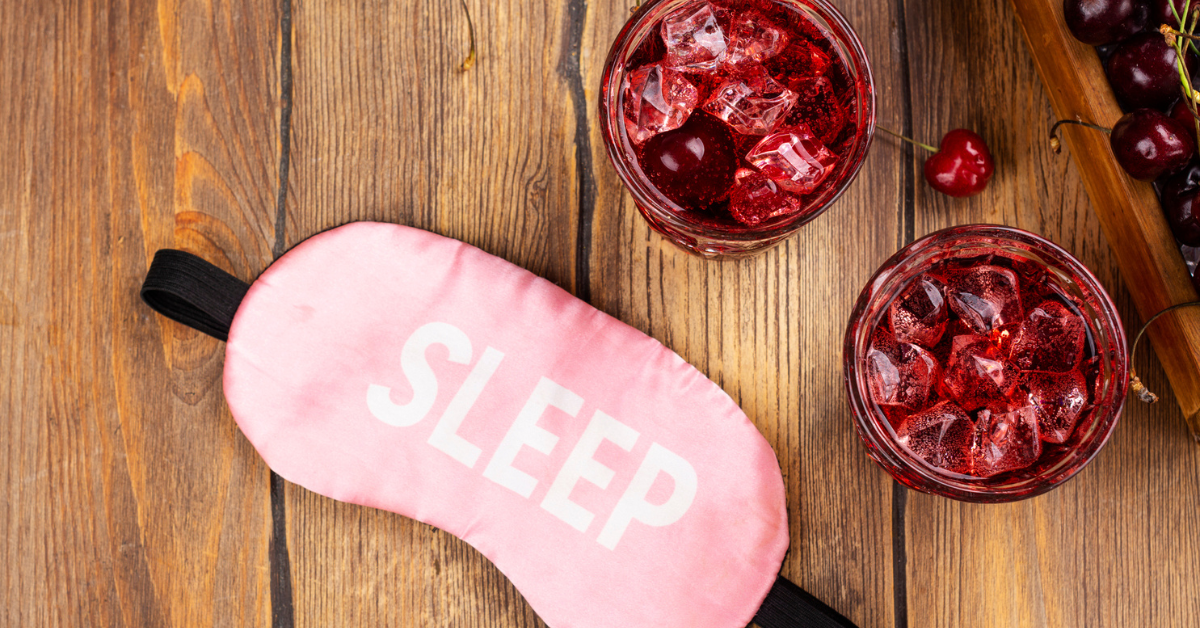If you’ve spent time online recently, you may have come across the viral “Sleepy Girl Mocktail” — a yummy non-alcoholic beverage meant to help you relax and provide a great night’s sleep.
The Sleepy Girl Mocktail ingredients are simple: a little tart cherry juice, a scoop of magnesium glycinate powder and a dash of a fizzy drink, such as sparkling water or a prebiotic soda. But is it all that it’s cracked up to be?
“As tempting as it can be to try to treat poor sleep with a sweet treat, don’t expect it to solve the root cause of your sleep issues,” says Dr. Elizabeth Dixon, a family medicine physician at Tidelands Health Family Medicine at Murrells Inlet.
How does it work?
Magnesium glycinate is thought to promote better sleep in some individuals. It may also help lower blood pressure and relieve anxiety.
Tart cherry juice contains melatonin, a sleep hormone, and tryptophan – the nutrient in turkey that can make you sleepy after Thanksgiving dinner. It also has anti-inflammatory qualities that may help promote sleep.
However, tart cherry juice with added sugar may not be ideal if you’re having trouble falling asleep because it could cause a spike in blood sugar levels just before bedtime, Dr. Dixon cautions. Adding a fizzy drink to the mix, particularly a prebiotic soda, could cause an upset stomach for some people.
If you’re serious about getting better sleep, Dr. Dixon recommends focusing on your lifestyle choices:
- Avoid alcohol and caffeine, especially later in the day.
- Stick to a regular sleep schedule by avoiding naps and going to bed at about the same time each day.
- Make sure your room is cool, dark and clean.
“All of this is really important for good sleep,” Dr. Dixon says.
If you struggle with sleep, talk with your physician or another qualified care provider to help assess the cause and find a treatment approach right for you. Persistent sleep problems can contribute to a variety of medical conditions, such as depression, obesity, Type 2 diabetes, heart disease and high blood pressure.

Dr. Elizabeth Dixon
Family Medicine Physician, Tidelands Health Family Medicine at Murrells Inlet
Medical Education
Education
Campbell University, School of Osteopathic Medicine
Residency
Tidelands Health MUSC Family Medicine Residency






